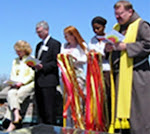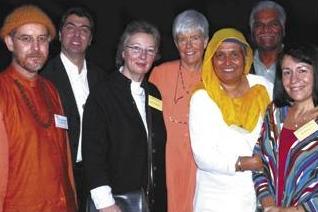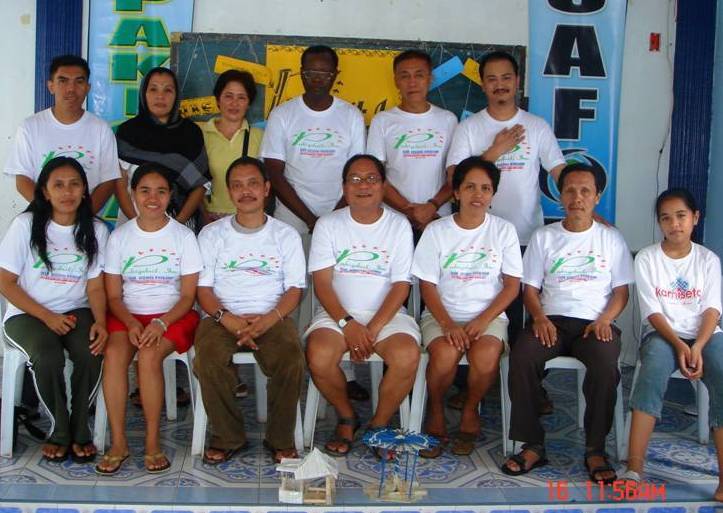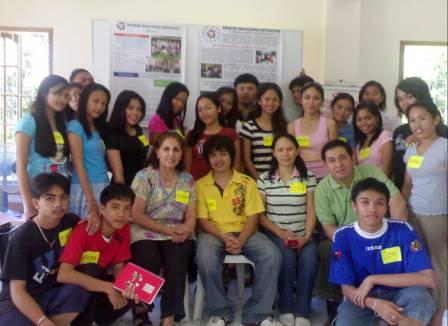

His latest book further elaborates his thoughts on an earlier book entitled, “Building Peace: Sustainable Reconciliation in Divided Societies.” At the heart of the book is the search for ways to transcend the cycles of violence that plagues human society while still living in it. More than two decades of international peacebuilding led him to the Moral Imagination, which in essence is the ability to hold together four disciplines and capacities, that of: being able to see ourselves in a web of relationship even with our enemies; the ability to see beyond dualistic either-or choices and embrace complexity; the ability to embrace the creative act and imagine what does not yet exist; and the willingness to risk and venture toward what is yet to be known.
The Workshop in Antipolo gathered eighteen interfaith advocates and practitioners from five countries experiencing violence within their societies divided along religious lines. The participants shared stories of challenges and triumphs in their work, from facilitating Muslim-Christian relationship building in Metro Manila to making sure that talks between the government and rebel groups resume in Northern Uganda. During those sharing sessions, Lederach along with his co-facilitator Dr. Herm Weaver, took the participants on a journey of probing for answers (in the hope of “tilling the soil”) or exploring possible solutions to the challenges they faced.
A typical day during the workshop started early with all participants taking a walk to commune with nature. Immediately thereafter, they wrote their thoughts down on what were called “morning pages”. After breakfast, the day proceeds with activities, workshops, small and big group discussions and sharing and inputs from Lederach. A day would not be complete without the singing of songs coming from the different cultures represented, dancing and even shedding of tears and sharing of prayers by participants who were moved by the both the difficulties faced by their fellow participants and their enduring strength and spirit to continue working for peace.
The third leg of the workshop will be held sometime in September in Kerala, India where the same participants will once again be gathered to report on the progress they’ve made on their work in their countries. The second leg held here in Manila ended with wild and un-shackled sharing of dreams of a peaceful future shared with laughter and hopeful faces. This was capped by Lederach saying, “Let your head soar way up in the sky while your feet are planted firmly on the ground.”










